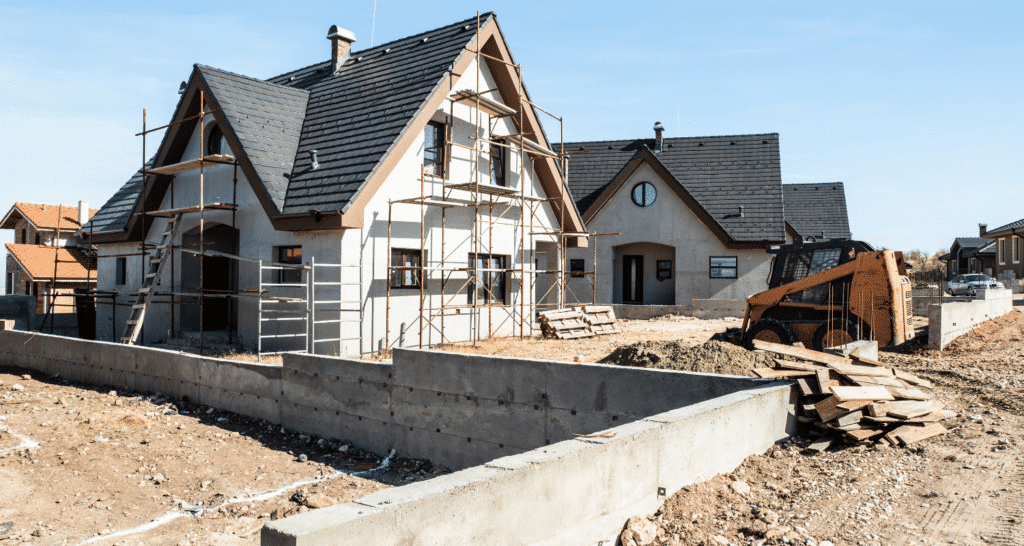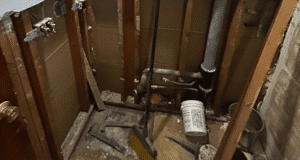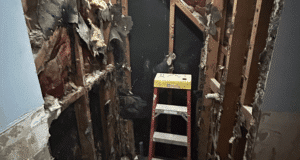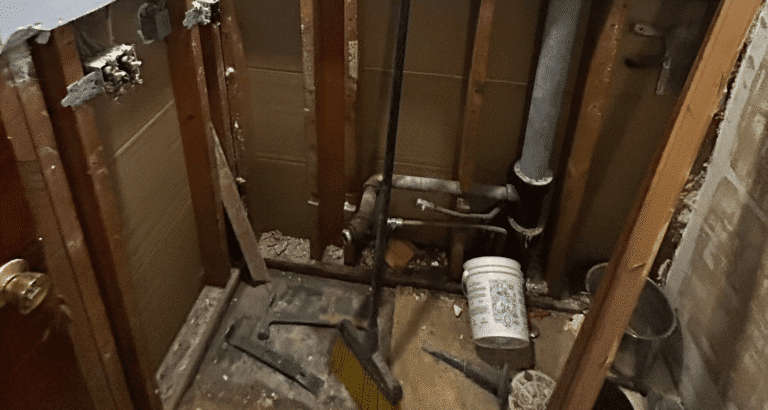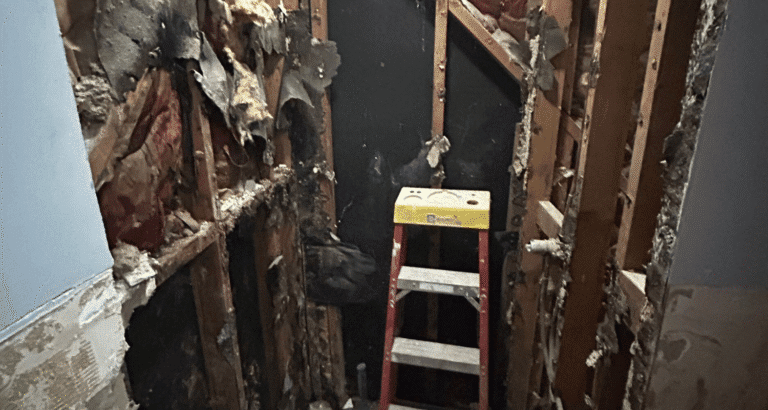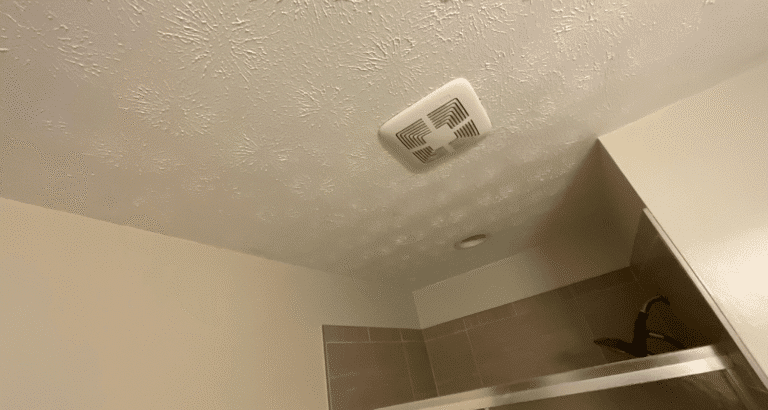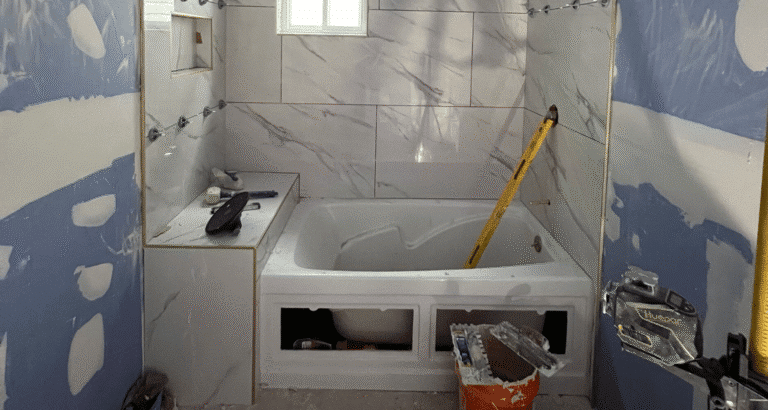When considering homeownership, the first question that comes to mind is whether to buy vs build house. The decision depends not only on your budget but also on design constraints, future adaptability, and long-term satisfaction.
There is no clear-cut answer to the buying vs. building debate; it depends on location, land availability, material costs, building material prices, and what type of home suits your taste, whether it is a trendy 2-bedroom house plan, a three-bedroom house plan, or any dream family home.
Buy vs Build House: The Big Question
The buy vs build house debate boils down to cost, timeline, and lifestyle. Construction is customizable, but it takes longer and has higher upfront costs. Buying is faster, but it may require compromises.
Understanding the pros and cons of buy vs build houses may help you determine which course is best suited for your financial situation.
Pros and Cons of Buying
Purchasing a move-in-ready existing home for sale is often a faster and less stressful process. Today, you can even purchase a home online with the aid of a real estate agent. A home-buying checklist helps track important steps such as insurance, inspections, and closing costs. But older homes may also require renovations or energy upgrades that increase costs.
Pros and Cons of Building
When you build, you have total control over layout, size, and finishes. When building your own house, use a detailed home-building checklist to stay organized and follow it to ensure a smooth process.
You have the choice of a 2-bedroom home, a 3-bedroom home, or even a 4-bedroom home. The drawbacks include longer timelines, higher upfront costs, and the potential for construction delays.
Costs of Buying a Home
The purchase of a home involves spending the purchase price, inspection costs, and closing fees. There are also repairs and renovations to consider, depending on the condition.
Here are the steps: For modern platforms, you can buy a home online and browse listings fast. But if you are working with a trusted real estate agent, you will be able to take into account all costs before signing on the dotted line.
Costs of Building a Home
Construction costs vary depending on the design. A small two-bedroom home will be cheaper than one that has more than four bedrooms, a basement, and luxury finishes. The prices of construction materials also fluctuate often, which impacts the budget.
New builds are generally more energy-efficient, and the cost savings on energy help offset the higher initial investment. In contrast, older homes may cost more in the long run due to higher maintenance needs.
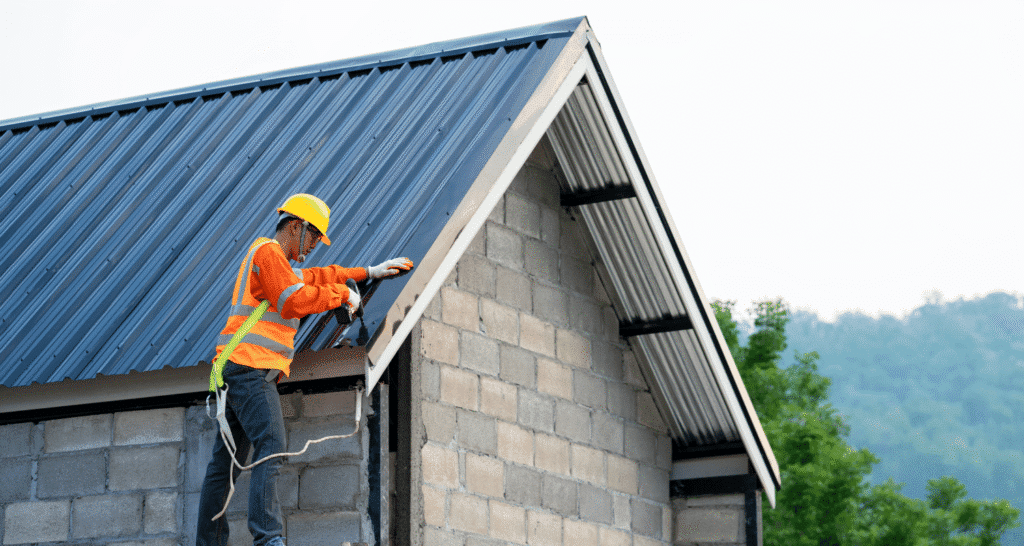
Using a Home Buying Checklist
A checklist is essential when buying a house, especially when purchasing an old homes. It includes financing, location, property inspections, insurance, and closing requirements.
Using a list ensures nothing is overlooked. Whether you’re a solo house hunter or working with an agent, carefully plotting each stage keeps your purchase on the scales of financial sense and feasibility.
Using a Home Building Checklist
A home-building checklist should cover land evaluation, permits, groundwork, framing, electrical work, and roofing. New build house plans must also cater to your preferred interior layout, with options including first-floor master bedrooms and basements for storage. With a checklist, everything goes faster, and you avoid making expensive errors in building.
Role of Construction Material
The materials used to construct your home will also significantly affect whether it’s cheaper to build a house. Affordable yet durable materials can help keep costs down, while high-end finishes add to the expense.
For example, choose energy-efficient materials that may be a little more expensive upfront but will lower your utility bills over time. Selecting the right materials creates a harmony of cost, durability, and comfort for your new home.
Working with a Real Estate Agent
A real estate agent helps buyers find homes successfully and assists them in negotiating offers. Working with a professional also helps when purchasing a home online, as they may be able to point out hidden costs or issues with the property that could impact your decision-making.
Agents can also offer important market information on whether building or buying may be more beneficial in your area. With their expertise, you can save time and stress, as well as avoid some unexpected additional costs.
Importance of Home Insurance
Newly built and existing homes can be covered by home insurance. For buyers, policies protect against the risks posed by older buildings.
If they are new-build homes, the insurance may start during construction and switch to full coverage once the buildings are completed.
And by including insurance in your list of what to do when buying a home or the building budget, you’ll have financial protection from accidents, damage, or other unexpected events.
Designing Build House Plans
House plans shape how your new home functions, from a snug two-bedroom dwelling to an expansive four-bedroom detached home with a cellar.
A well-designed plan offers an easy first-floor flow to suit your lifestyle. Custom plans can be more rewarding in the long run, although they may cost more than purchasing a pre-built home.
Considering a Basement or First Floor Layout
Basements and first-floor layouts affect the cost of construction and practicality. Adding a basement provides extra space but also increases excavation and waterproofing costs.
A well-designed ground floor might not even require an enlargement. In considering whether it’s cheaper to build a house, layout features should be taken into account.
Is Building a House Overall Less Expensive?
The answer varies. In high-demand markets, purchasing an existing home may be cheaper than building new.
In places where land is inexpensive and building materials are less costly, building may offer better value. There are pros and cons to buying versus building a house, so we’ve broken it down into three main factors:
- Immediate cost
- Customization options
- Long-term maintenance savings
Conclusion
So, what is cheaper: buying a house or building one? It depends on your budget, whereabouts, and lifestyle priorities. Purchasing is about speed and convenience; building offers customization and efficiency.
With the help of a home-buying checklist or home-building checklist, you will be able to make an educated decision. When you partner with Builders Group Construction (BGC), we will guide you through the process of not only building but also remodeling your home with confidence and expertise.
FAQs
Is it cheaper to buy or build a house?
Of course, you have to consider related costs like those of the land, but that would depend on location, cost of material, and the kind of house you’d like to build. In highly competitive housing markets, buying an existing home is often more cost-effective than building one, since land and construction costs are higher.
How to buy land and build a house
Once you’ve secured financing, the next step is to purchase land. For farmland or ranchland, a contractor is required to create house plans and obtain permits to facilitate the process. Contacting a reputable local contractor will guide you through the process and help bring your dream to life.
Where to get estimates for house construction?
Depending on the circumstances, it would be easier for you to rely on professional remodelers, licensed builders, or local contractors in the same field. They’d often give you estimates based on your design, plan, the choice of construction materials, and the scale of the project.
How to find a real estate agent for buying a home?
Research licensed real estate agents in your area and look for strong reviews and proven local experience. A good agent helps you negotiate price and secure the best deal, resulting in time savings and a positive return.

